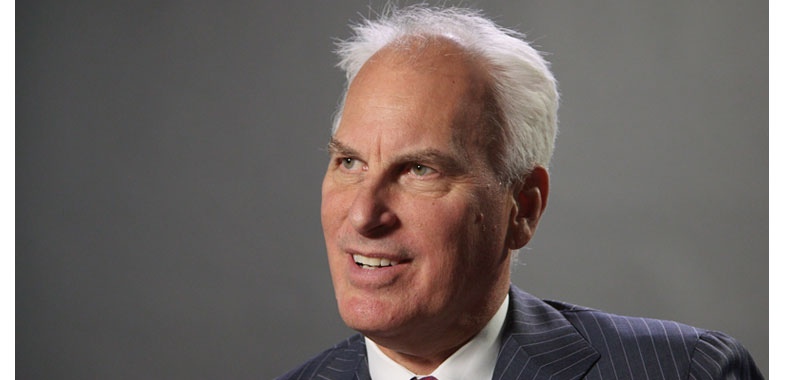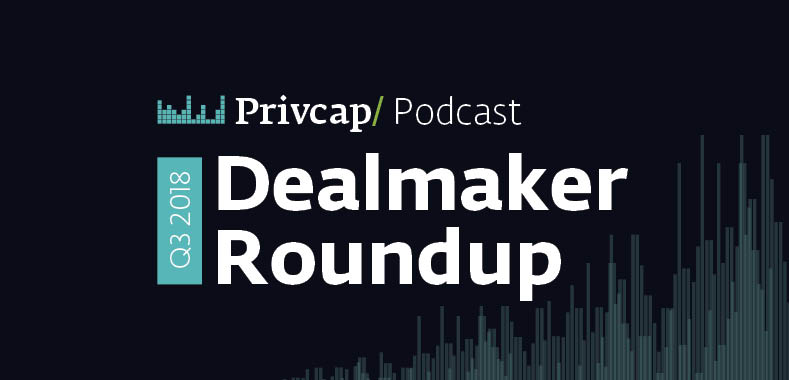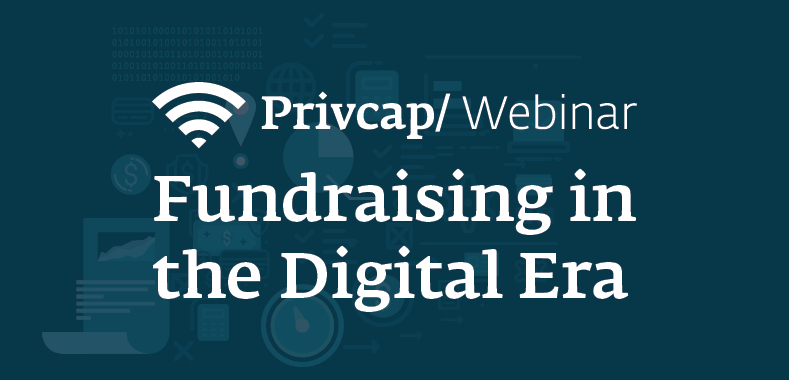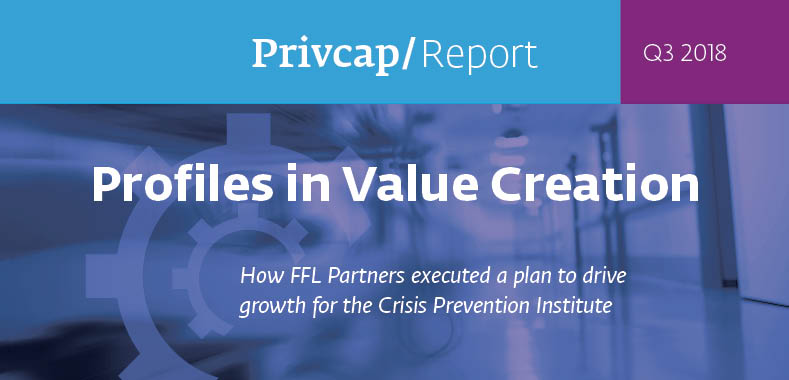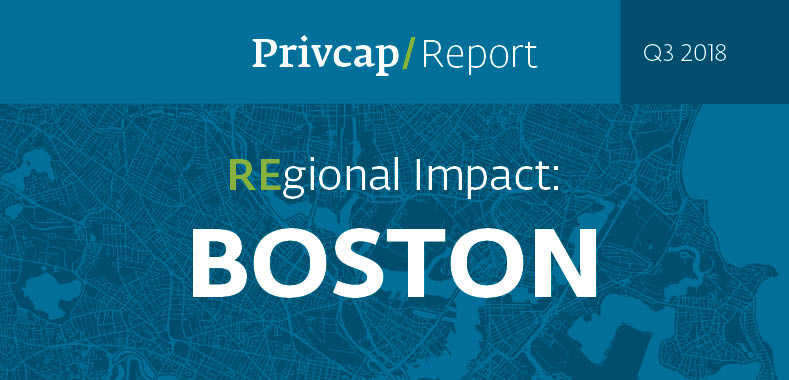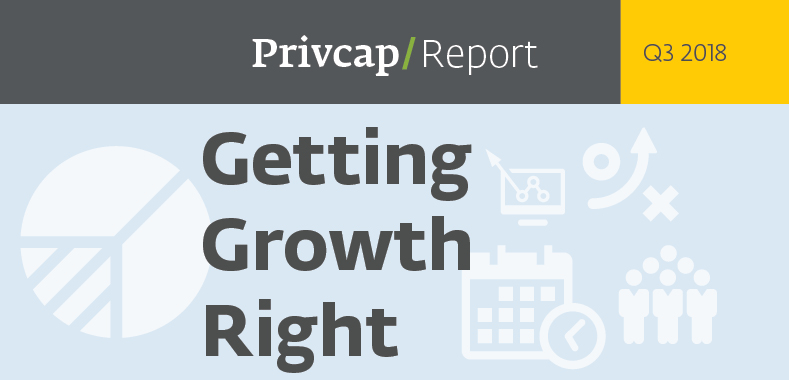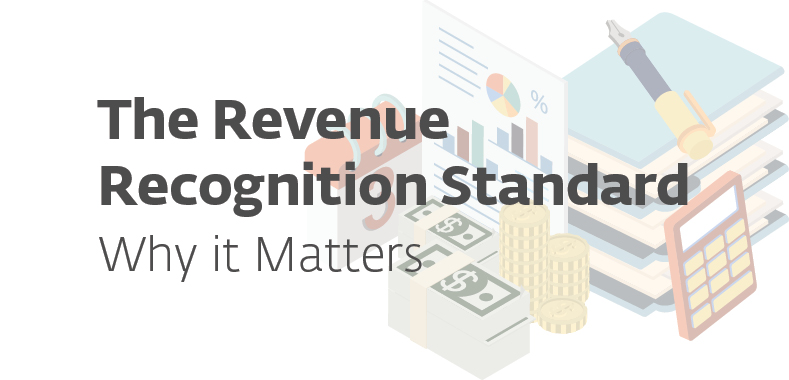How PE Firms Help Companies Avoid ‘Foolish’ Growth
Download the article here
For many companies, high growth means high-class problems.
Whatever the industry, rapidly growing companies often find they need to upgrade areas of the business that got overlooked while the business took off. The best private equity backers are experts at helping these companies transform into more mature, scalable businesses. That often entails shoring up the finance function and formalizing corporate governance.
The Finance Team as Strategic Partner
Russ Pyle, managing partner at Boston–based Guidepost Growth Equity, says of his portfolio companies: “Because they’re bootstrapped entrepreneurial businesses, our companies tend to have two types of employees: employees who make stuff and employees who sell stuff… One of the places that they tend to underinvest is in finance.”

Catalyst Investors
Pyle says his firm encourages these companies to view the finance team less as a reporter of historical data and more as a provider of strategic guidance for the future. “Finance should help the senior leadership team understand what the KPIs are that they should really be looking at to drive better outcomes,” he says.
Because of the underinvestment in the finance function, the entrepreneur who founded the company has difficulty figuring out the best way to add people and resources to meet growing customer demand. Brian Rich, managing partner of New York–based growth equity firm Catalyst Investors, says he often works with companies that have a great product but don’t know how to profitably build out a sales team.
Rich adds: “You could quickly build a sales team and also experience great growth, but if your key ratios aren’t in line, you are spending money foolishly.”

Guidepost Growth Equity
Founding CEOs that have been enjoying strong growth have often not deeply analyzed important dynamics linking costs to revenue growth. John Pennett, a partner at EisnerAmper LLP, stresses that this more sophisticated understanding needs to be in place ahead of an exit, because the acquirer will want to know where specifically to invest in the business. Having a deep understanding of the fully-burdened costs to deliver that revenue is critical in being able to talk about valuation of the business and forward-looking profits.

EisnerAmper LLP
“You need to be able to convince the person sitting across the table from you that you have a clear understanding of where the money is being spent, and what the ROI has been and is expected to be down the road,” he says.
The process of more deeply understanding the particulars of revenue generation is also an important part of learning how to identify and company’s best practices and make them replicable.
“A situation we often see is companies that are highly dependent on a couple of key sales executives,” says Pyle. “We can help them take what has made those couple of reps very successful, and then make it into a repeatable sales process.”
An Independent Board, Stronger Governance
In addition to helping to formalize a strategy around growth, the best private equity backers can help their portfolio companies to upgrade and formalize corporate governance, including the role of the board. A strong system for corporate governance is another feature that potential acquirers insist on.
Installing top-notch corporate governance involves many little things, Pennett says. “It involves having independent board members where you’re getting good advice from experts in the field. It involves having audit committees, whistle-blower hotlines, documented policies and procedures, and SEC-ready financial statements.”
Pyle tells the story of a company his firm backed that had a charismatic, tireless CEO who explained his board setup as, “Yeah, we have a board. We get together once a year over a nice dinner and a couple of bottles of wine, and we talk about the business.”
“I said, ‘That sounds like a delightful way to spend an evening, but that’s not a board as we see it.’”
Guidepost helped the CEO to establish a board that included an independent director, and to set up compensation and audit committees.
Pyle says that when his CEO realized the benefits of this upgraded board and corporate governance, he was “over the moon.”
For many companies, high growth means high-class problems.





